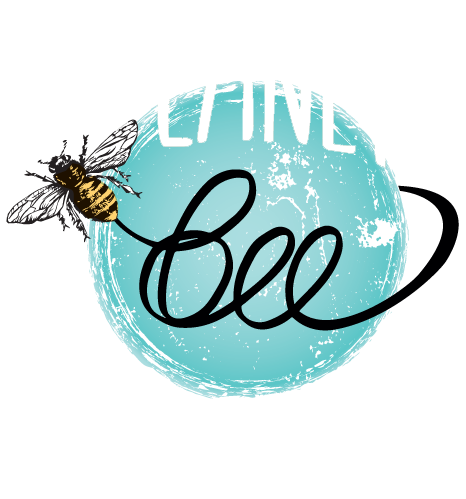Smart Beehives: Revolutionizing Beekeeping Practices
- Planet Bee Foundation
- Jul 16, 2024
- 3 min read
Updated: Dec 2, 2024
In recent years, the integration of technology into beekeeping has given rise to smart beehives, transforming how beekeepers manage their colonies and ensuring the health and productivity of honeybees. These innovative hives, equipped with sensors and connectivity features, provide real-time insights into hive conditions, empower data-driven decision-making, and support sustainable beekeeping practices. Let's explore how smart beehives are reshaping the landscape of modern beekeeping.
The Rise of Smart Beehives
Smart beehives represent a leap forward in hive management, leveraging advancements in sensor technology, the Internet of Things (IoT), and data analytics. These hives are equipped with various sensors that monitor critical parameters such as:
Temperature and Humidity: Monitoring temperature fluctuations and humidity levels inside the hive helps beekeepers ensure optimal conditions for bee health and brood development.
Hive Weight: Measuring hive weight provides insights into honey production and nectar flow, allowing beekeepers to schedule timely honey harvesting and assess colony strength.
Sound and Vibration: Analyzing hive sound and vibration patterns can indicate colony activity, including swarming behavior, queen status, and potential issues such as pests or diseases.
Activity Monitoring: Tracking bee activity at the hive entrance provides valuable information on foraging patterns, hive population dynamics, and overall colony vigor.

Benefits of Smart Beehives
Remote Monitoring and Management: Perhaps the most significant advantage of smart beehives is the ability to monitor hive conditions remotely. Beekeepers can access real-time data via mobile apps or web interfaces, eliminating the need for frequent physical inspections that can disrupt bees and disturb the hive environment. This remote monitoring capability allows beekeepers to intervene promptly in case of emergencies, such as hive disturbances or adverse weather conditions.
Early Detection of Issues: Smart beehives facilitate early detection of potential problems such as pest infestations (e.g., Varroa mites), diseases (e.g., foulbrood), or environmental stressors (e.g., pesticide exposure). By alerting beekeepers to these issues early on, smart hives enable timely intervention and treatment, thereby reducing colony losses and promoting bee health.
Data-Driven Insights: The data collected from smart hives enable beekeepers to make informed decisions about hive management practices, honey harvesting schedules, and beekeeping strategies. Analyzing trends and patterns in hive metrics can reveal insights into seasonal variations, foraging behavior, and the impact of environmental factors on colony performance.
Educational and Research Opportunities: Smart beehives also offer educational opportunities for beekeepers, researchers, and educators. They provide a platform for studying bee behavior, hive dynamics, and the effects of external factors on bee health. Researchers can use data from smart hives to conduct studies on pollination patterns, colony genetics, and the efficacy of beekeeping practices.
Challenges and Considerations
While smart beehives offer numerous benefits, their adoption is not without challenges. Factors such as cost, reliability of sensors, connectivity issues in remote locations, and data privacy concerns are important considerations for beekeepers exploring smart hive technology. Additionally, integrating new technology into traditional beekeeping practices may require training and adaptation.
The Future of Beekeeping with Smart Technology
As beekeeping continues to evolve, smart beehives are poised to play a pivotal role in supporting sustainable beekeeping practices and ensuring the vitality of honeybee populations. By harnessing the power of technology to monitor, analyze, and optimize hive conditions, beekeepers can enhance productivity, promote bee health, and contribute to environmental conservation efforts.
The ongoing development of smart beehives underscores a commitment to innovation in beekeeping, balancing tradition with cutting-edge technology to safeguard the invaluable contributions of bees to agriculture and ecosystems worldwide. As we embrace these advancements, the future of beekeeping looks brighter, with smart technology paving the way for a more resilient and sustainable beekeeping industry.
Corporate Bee Hive Program
Whether you're looking to strengthen workplace culture through corporate team building, reach philanthropic goals, or expand social responsibility initiatives, we've got you covered! This corporate team-building program not only supports the green directives of companies while bolstering teams but also creates widespread awareness of honey bees and native bee's importance while engaging in the conservation of these vital pollinators.



